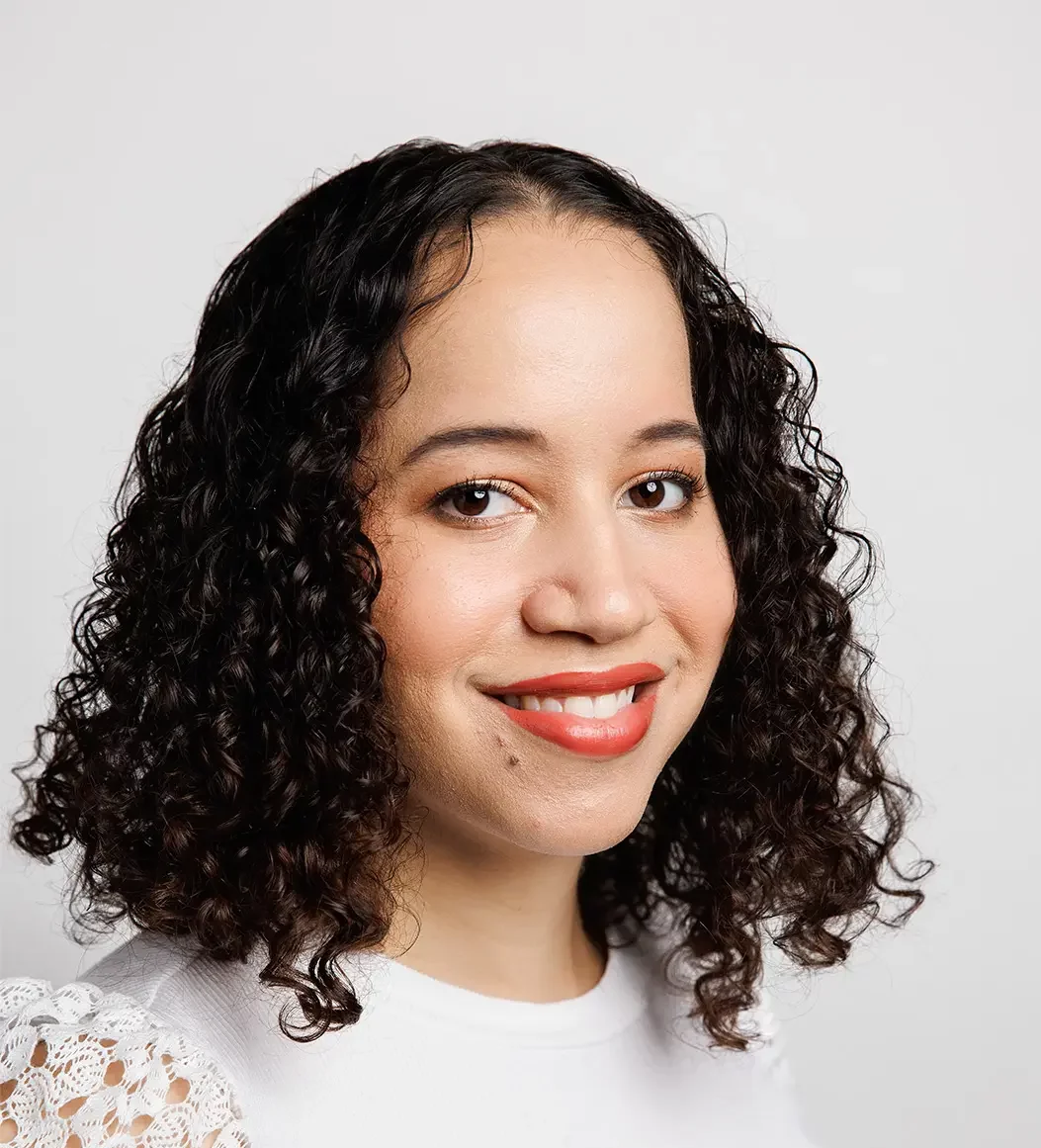 Twelve journalists have been selected for the AHCJ-CDC Health Journalism Fellowship, the first time since 2019 the two organizations have been able to offer the training in person at the Centers for Disease Control and Prevention Chamblee Campus in Atlanta.
Twelve journalists have been selected for the AHCJ-CDC Health Journalism Fellowship, the first time since 2019 the two organizations have been able to offer the training in person at the Centers for Disease Control and Prevention Chamblee Campus in Atlanta.
The multi-day training was held virtually in May 2021 with 12 journalists participating.
With support from the Leona M. and Harry B. Helmsley Charitable Trust, this year’s fellows will spend three days — June 6-8 — learning from experts and touring CDC’s vast facility.
The fellowship program will include presentations, a tour of the David J. Sencer CDC Museum, roundtable discussions on epidemiology, global disease prevention efforts and vaccine safety, among other topics.
The AHCJ-CDC fellows are:
- Jeannie Baumann, senior reporter, Bloomberg Industry Group
- Jeffrey Bendix, senior editor, Medical Economics
- Karen Blum, independent journalist, core topic leader/ health IT, AHCJ
- Amanda D’Ambrosio, enterprise and investigative writer, MedPage Today
- Pam Kaufman, executive editor, Everyday Health
- Lindsey Leake, health, welfare and social justice reporter; TCPalm/Treasure Coast newspapers
- Ashley Lyles, associate editor, Neurology Today, Wolters Kluwer
- Gillian Mohney, breaking news editor, Healthline
- Shaena Montanari, investigative health reporter, Arizona Center for Investigative Reporting
- Emily Mullin, health reporter, Pittsburg Post-Gazette
- Neha Pathak, lead medical editor, WebMD
- Michele Skalicky, reporter/morning edition host, KSMU-FM
According to its mission statement: “CDC serves as the national focus for developing and applying disease prevention and control, environmental health, and health promotion and health education activities designed to improve the health of the people of the United States. To accomplish its mission, CDC identifies and defines preventable health problems and maintains active surveillance of diseases through epidemiologic and laboratory investigations and data collection, analysis, and distribution; serves as the PHS lead agency in developing and implementing operational programs relating to environmental health problems, and conducts operational research aimed at developing and testing effective disease prevention, control, and health promotion programs; administers a national program to develop recommended occupational safety and health standards and to conduct research, training, and technical assistance to assure safe and healthful working conditions for every working person; develops and implements a program to sustain a strong national workforce in disease prevention and control; and conducts a national program for improving the performance of clinical laboratories.
CDC is responsible for controlling the introduction and spread of infectious diseases and provides consultation and assistance to other nations and international agencies to assist in improving their disease prevention and control, environmental health, and health promotion activities. CDC administers the Preventive Health and Health Services Block Grant and specific preventive health categorical grant programs while providing program expertise and assistance in responding to Federal, State, local, and private organizations on matters related to disease prevention and control activities.”






